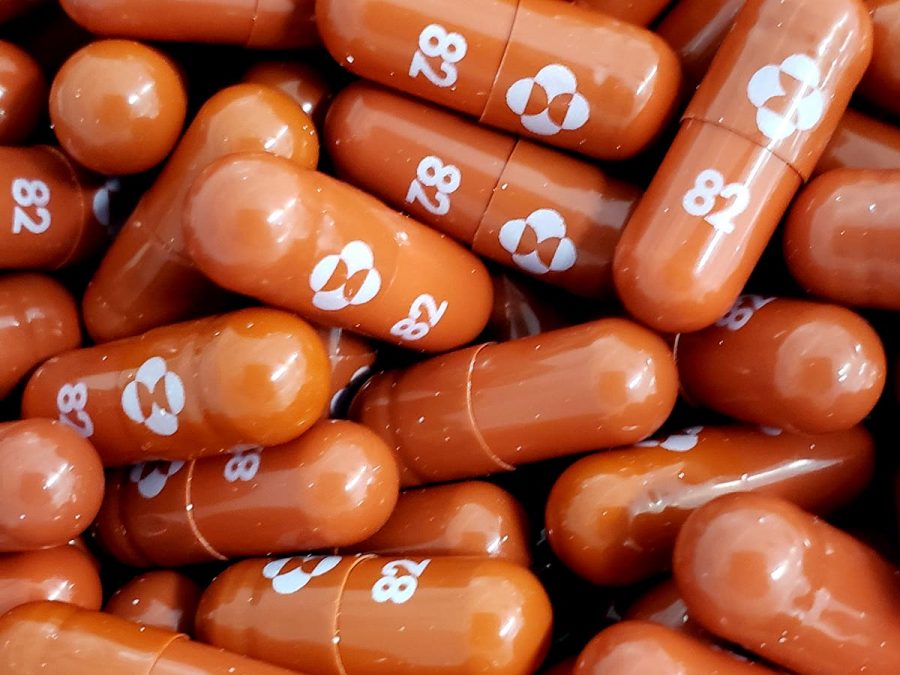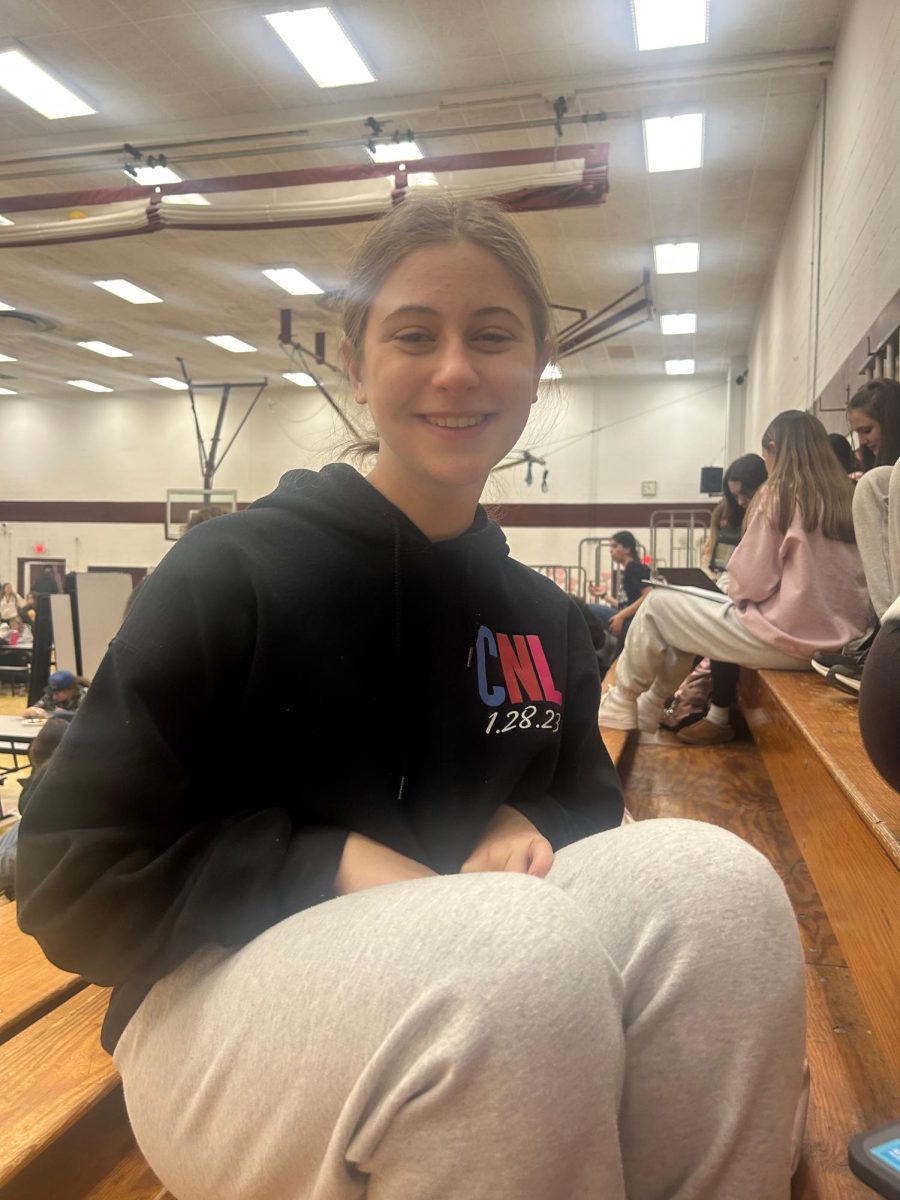Scared of Needles? Want to try a Covid Pill?
December 13, 2021
As the Omicron variant becomes a significant concern for world leaders and the global population alike, drug developers have some encouraging news: Two new Covid-19 pills are coming soon and are expected to work against all versions of the virus.
Dr. Sara Cherry, a virologist at the Perelman School of Medicine at the University of Pennsylvania, said the advent of two antiviral drugs for Covid is “super exciting,” primarily as Omicron spreads across the world. The pills will be particularly welcome, she said, if Omicron — or another new variant — turns out to reduce the effectiveness of vaccines. The worrisome mutations in Omicron are in the virus’s outer spike protein, which has nothing to do with the pills’ viral targets.
“That [the pills] will help us as a stopgap if we do need to change the vaccines,” Dr. Cherry said.
The F.D.A. is expected to approve soon a pill made by Merck and Ridgeback Biotherapeutics, called molnupiravir, which reduces the risk of hospitalization and death from Covid-19 by 30 percent if taken within five days of the onset of symptoms.
Another antiviral pill developed by Pfizer may perform even better. An interim analysis showed that the drug was 85 percent effective when taken within five days of the start of symptoms. The F.D.A. could authorize it by year’s end, using similar technology as the same company’s vaccine.
From the start of the pandemic, it has been a hope to have readily-available treatments for Covid-19 symptoms, which could finally be coming true. With the threat of Omicron and other variants looming, scientists say, “we will need an arsenal of drugs to deploy against new foes — especially if those variants erode the protection of existing vaccines.”
“Viruses are wily creatures, and you’ve got to stay ahead of them,” said Dr. Anthony Fauci, the government’s top infectious disease expert. “I think it would be naïve to think that if you get one or two good drugs, you don’t need anymore — not when you have a virus that has already killed 760,000 Americans.”
Merck’s molnupiravir technology was studied in 2019 by a nonprofit linked with Emory University to treat the Venezuelan equine encephalitis virus. When molnupiravir encounters a virus’s genes, it wreaks havoc, leading to a batch of new mutations. New viruses are often left unable to replicate. Merck later announced the initial results: The drug reduced the risk of hospitalization and death by about 50 percent. Eager to curb the toll of Covid-19, the U.S. government has bought approximately 3.1 million courses of molnupiravir for about $2.2 billion.
At a Nov. 30 meeting of an F.D.A. advisory committee, experts voted to recommend authorizing molnupiravir, but only by a slim majority. And even the committee members who voted in favor of the drug expressed strong reservations, given the potential side effects.
On the heels of Merck antiviral molnupiravir’s U.K. approval, Pfizer has set out to get its Covid-19 pill, Paxlovid, on the market. Paxlovid is a combination of Pfizer’s investigational antiviral PF-07321332 and a low dose of ritonavir, an antiretroviral medication traditionally used to treat H.I.V. “The treatment disrupts the replication of SARS-CoV-2 in the body by binding to the 3CL-like protease, an enzyme crucial to the virus’ function and reproduction.”
Analysis has shown that Paxlovid reduced the risk of Covid-19-associated hospitalization or death by 89% in those who received treatment within three days of symptom onset.
Like molnupiravir, Paxlovid is administered orally, meaning Covid-19 patients can take the drug at home in the early stages of infection. The hope is that new antivirals like those from Merck and Pfizer will allow people with mild or moderate cases of coronavirus to be treated sooner, preventing disease progression and helping avoid hospitals from being overwhelmed.
In addition to being potentially more effective, Paxlovid may encounter fewer safety questions than Merck’s pill. Some experts have expressed concerns that “molnupiravir’s mechanism of action against Covid-19 – mimicking R.N.A. molecules to induce viral mutations– could also introduce harmful mutations within human D.N.A.” Paxlovid, a different type of antiviral known as a protease inhibitor, has shown no signs of “mutagenic D.N.A. interactions,” Pfizer has said.
Supplies of Pfizer’s treatment, which is taken as a regimen of 30 pills over five days, will be minimal at first. Pfizer said it could produce enough pills by the end of the year to treat 180,000 people. The company expects to expand manufacturing to create at least 50 million treatment courses next year, including 21 million or more by the end of June. There are, however, doubts on whether this will yet be enough to adequately support the rising numbers of cases globally and in poorer nations.
Australia and Britain have already locked up some of those supplies, and the United States plans to buy about 10 million courses of treatment, according to people familiar with the agreement. Pfizer said in mid-November that it had reached an agreement to allow other manufacturers to make and sell the pill inexpensively for use in 95 developing countries.
When asked whether she would get the pill, Junior Yara Shobut said, “I would get the pill immediately once it’s regularly available because I want to ensure the maximum safety of the people around me. As long as it’s F.D.A. approved, I trust the pill and the companies who made it.”







